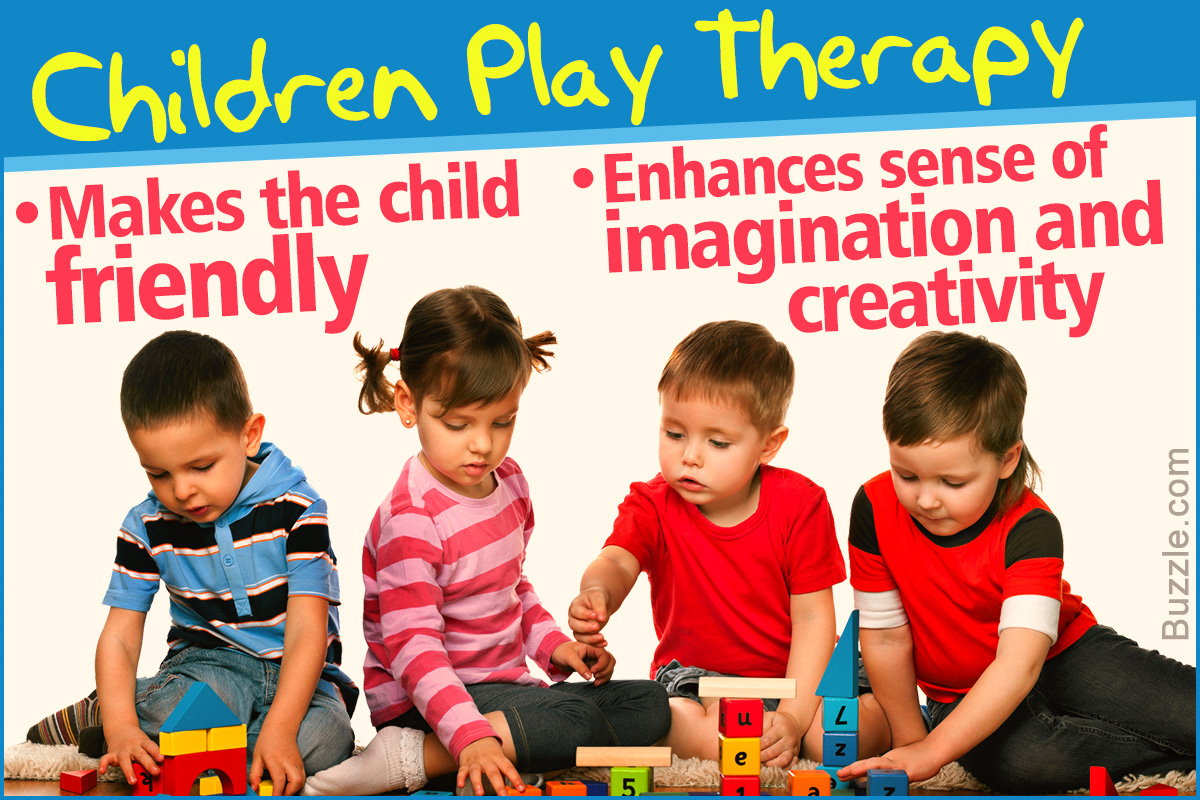Benefits of Play Therapy
Welcome to our comprehensive guide on the benefits of play therapy. In this article, we will explore the various advantages that play therapy offers for individuals of all ages. Play therapy is a valuable therapeutic approach that utilizes play to help individuals express themselves, explore their thoughts and emotions, and achieve personal growth and healing.
Understanding Play Therapy
Play therapy is a form of counseling or psychotherapy that uses play as a means of communication between the therapist and the client. It is particularly effective for children, but can also be beneficial for adolescents and adults. Play therapy provides a safe and supportive environment where individuals can engage in play activities to express their feelings, thoughts, and experiences.
The Benefits of Play Therapy
Play therapy offers numerous benefits that contribute to emotional, cognitive, and social development. Let’s explore some of the key advantages:
Emotional Expression and Regulation
Play therapy allows individuals to express their emotions freely and safely. Through play, individuals can act out their feelings, release pent-up emotions, and gain a better understanding of their emotional experiences. This process helps in emotional regulation, enabling individuals to develop healthier coping mechanisms.
Communication and Language Development
Play therapy enhances communication skills, especially for children who may struggle with verbal expression. By engaging in play, individuals can communicate their thoughts, needs, and experiences non-verbally. This form of expression can lead to improved language development and increased confidence in verbal communication.
Problem-solving and Decision-Making Skills
Through play therapy, individuals are encouraged to make choices, solve problems, and make decisions in a safe and supportive environment. This helps develop critical thinking skills, problem-solving abilities, and the confidence to make informed choices in real-life situations.
Self-Esteem and Self-Confidence
Play therapy promotes a positive sense of self and enhances self-esteem and self-confidence. By engaging in play activities, individuals can experience a sense of accomplishment, overcome challenges, and develop a stronger belief in their abilities.
Trauma Resolution and Healing
Play therapy is particularly effective in helping individuals process and heal from traumatic experiences. Through play, individuals can reenact and reframe their traumatic events, gaining a sense of control and empowerment. This process facilitates trauma resolution and supports the healing process.
Social Skills and Relationship Building
Play therapy provides opportunities for individuals to practice social skills, such as turn-taking, sharing, and cooperation. It also helps in developing empathy, understanding others’ perspectives, and building healthy relationships. These skills are crucial for successful interactions in various social settings.

Play therapy offers a wide range of benefits for individuals of all ages. It provides a unique and effective approach to therapy that allows individuals to express themselves, explore their emotions, and achieve personal growth. By utilizing play as a powerful tool, play therapy promotes emotional well-being, enhances communication skills, and supports overall development. Consider incorporating play therapy into your therapeutic journey to experience its transformative effects.
Frequently Asked Questions about the Benefits of Play Therapy
1. What is play therapy?
Play therapy is a form of therapy that utilizes play to help children express their feelings, thoughts, and experiences in a safe and supportive environment.
2. What are the benefits of play therapy?
Play therapy offers various benefits, including:
Enhancing emotional expression and communication skills
Promoting problem-solving and decision-making abilities
Building self-esteem and self-confidence
Developing coping strategies and emotional regulation
Strengthening social skills and peer relationships
Reducing anxiety, stress, and behavioral issues
Facilitating trauma resolution and healing
Improving academic performance and concentration
Fostering creativity and imagination
Supporting overall emotional well-being and development
3. Who can benefit from play therapy?
Play therapy can benefit children of various ages who are experiencing emotional or behavioral difficulties, trauma, developmental delays, or social challenges.
4. How does play therapy work?
During play therapy sessions, a trained therapist provides a safe and structured environment where children can engage in play activities. Through play, children can express their thoughts, emotions, and experiences, allowing the therapist to understand their challenges and provide appropriate support and interventions.
5. How long does play therapy typically last?
The duration of play therapy varies depending on the individual needs and progress of the child. It can range from a few sessions to several months or more.
6. Is play therapy only for children?
While play therapy is primarily used with children, it can also be beneficial for adolescents and even adults, especially those who find it difficult to express themselves verbally.
7. Is play therapy evidence-based?
Yes, play therapy is an evidence-based approach supported by research and clinical studies. It is effective in treating various emotional, behavioral, and psychological issues in children.
8. How can I find a qualified play therapist?
You can search for qualified play therapists through professional organizations, such as the Association for Play Therapy (APT), or by consulting with mental health professionals in your area.
9. Can play therapy be used in conjunction with other therapies?
Yes, play therapy can be integrated with other therapeutic approaches to provide comprehensive support and treatment for children. It can complement approaches such as cognitive-behavioral therapy, family therapy, or occupational therapy.
10. Is play therapy covered by insurance?
Some insurance plans may cover play therapy sessions, but it is best to check with your insurance provider to determine the specific coverage and any requirements.




